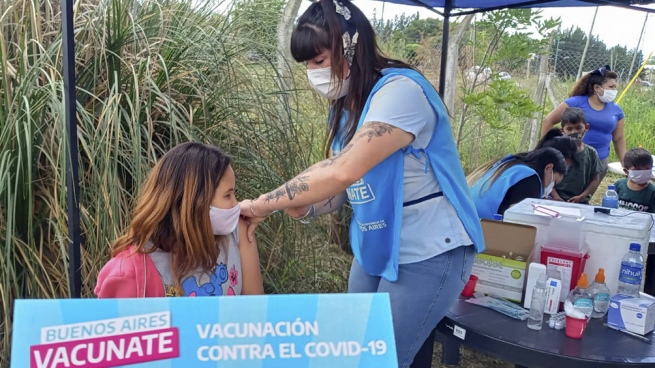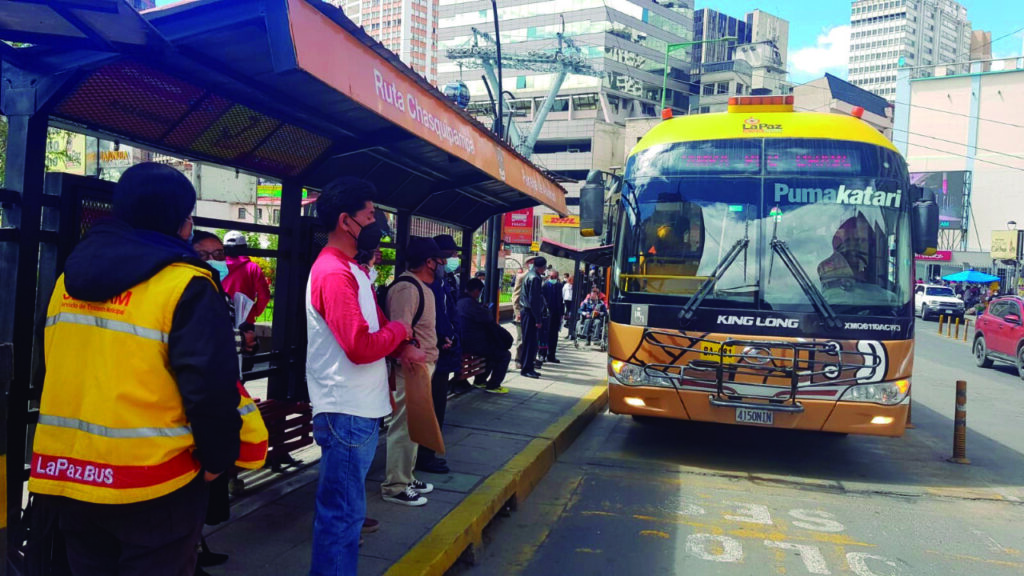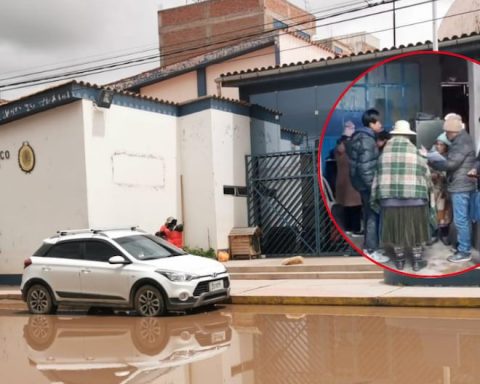The Buenos Aires Minister of Health, Nicolas Kreplak, considered that for coronavirus vaccination to be mandatory there must be a prior “social discussion” that takes place “within Congress”, since from the health aspect there would be “no discussion that it should be done.”
In interviews with Infobae and Tiempo Argentino, Kreplak referred to the possibility of apply the health pass in schools, denied that there will be more restrictions and analyzed the impact of Ómicron based on the large “number of isolates that are generated by close contacts without symptoms.”
“It is a discussion that is in the world and depends a lot on the accompaniment of society. If you put a health pass, you are making vaccination compulsory because education is compulsory”said the official about the possibility of requesting the health pass in schools.
In this way, he argued that it is a “social discussion” that must take place “within the National Congress” while he pointed out that “From a health point of view, there is no discussion that it should be done”.
However, the head of the Buenos Aires health portfolio pointed out that if there are sectors “that believe that this threatens individual freedom” it becomes necessary “to discuss it in the face of the people” since when it comes to “compelling or not compelling, there are discussions that surpass the health authorities “.
“It would be the discussions of the context that are missing to see what happens with the beginning of school,” added Kreplak while guaranteeing that “the classes will be there.”
On the other hand, he assured that with the implementation of the health pass “the increase in the first and second doses is resounding” and he specified that it is being vaccinated at “record levels” in the province applying “between 170 thousand and 180 thousand” doses per day.
The minister stated that due to “vaccination” the pandemic “has different risks and behaviors“to those shown above and ruled out restrictions since they always “aimed to avoid a strong increase in hospitalizations and deaths“that are not happening in this new scenario.
Along the same lines, he argued that the concern today is not “so much in terms of the risk of the system” in reference to a possible collapse in the health system, but because “there is a lot of contagion” that at the same time causes “little damage. “and generates” other consequences. “

















